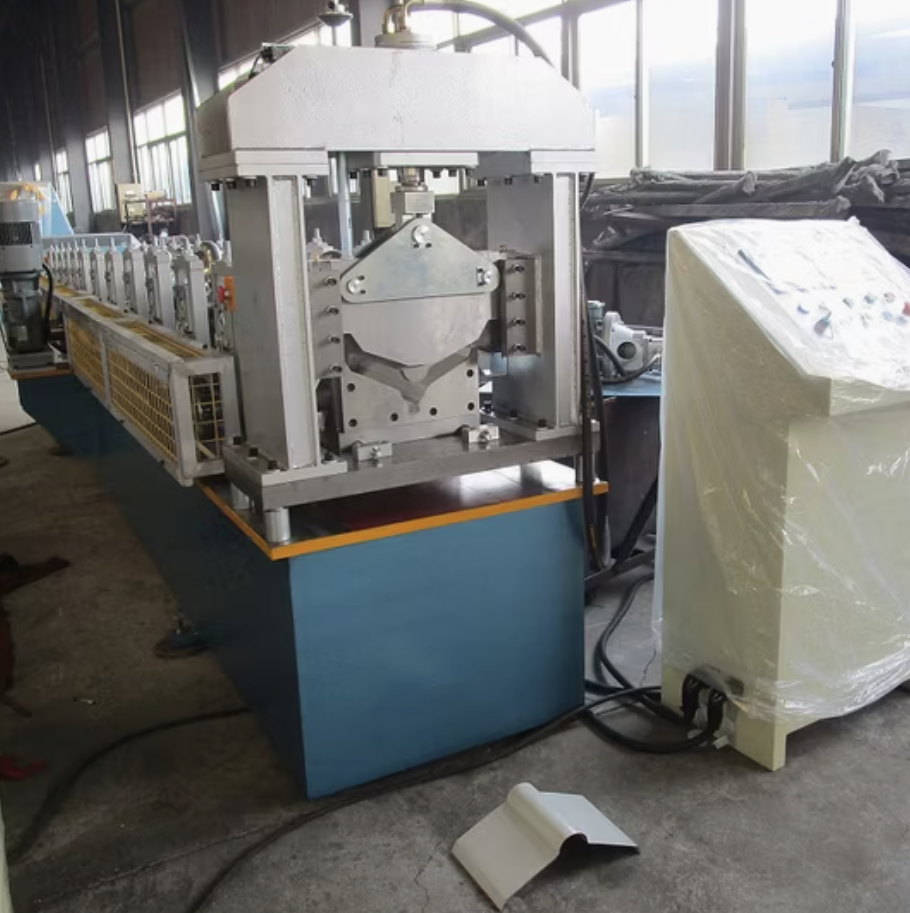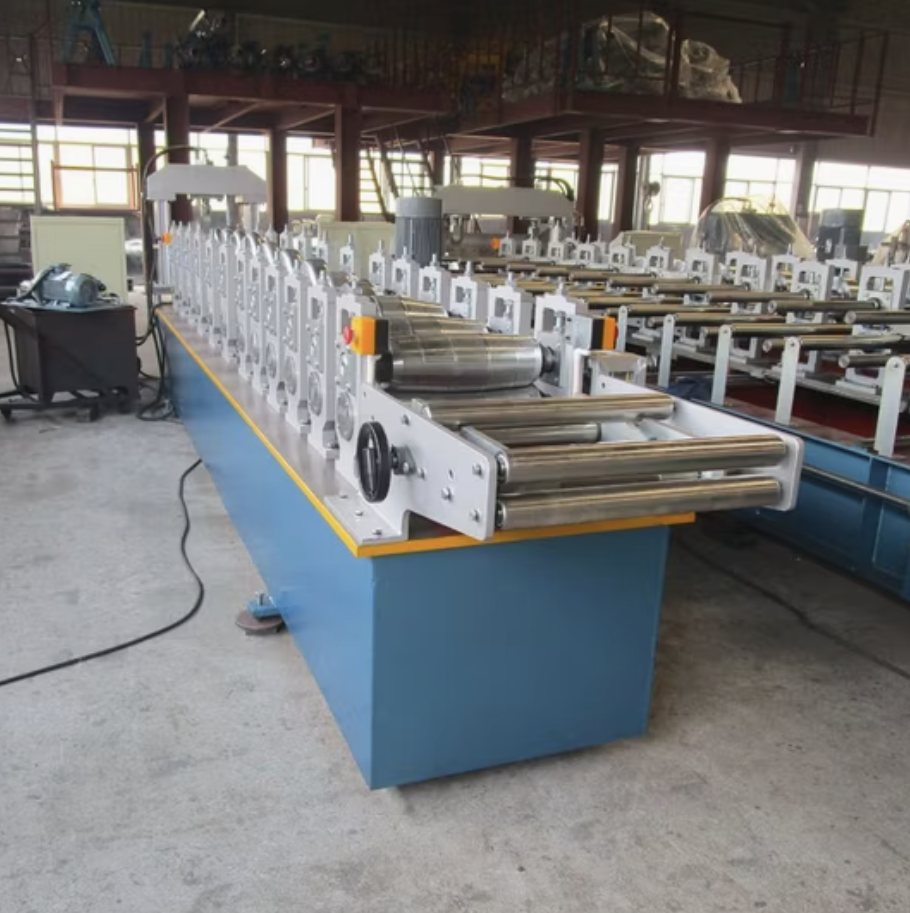To express an interest in this machine please submit the form below.

Not Sure What Machine You Need?
Select Your Profile, We'll Match It
Choose your desired profile drawing, and let Machine Matcher connect you with the best roll forming machine tailored to your needs.
Browse Profiles


A Ridge Cap Roll Forming Machine is a specialized piece of equipment designed to create metal ridge caps used in roofing systems. Ridge caps are essential components that provide a weatherproof seal for the ridges of a roof, ensuring protection against water ingress and improving the overall durability of the structure. This machine efficiently produces ridge cap profiles in various designs, sizes, and materials to meet market demands.
The Ridge Cap Roll Forming Machine is widely used in the construction and roofing industries. It combines advanced technology, precision engineering, and robust materials to deliver consistent, high-quality output while minimizing waste.
Q1. What materials can be used with a Ridge Cap Roll Forming Machine?
A1. The machine is compatible with galvanized steel, aluminum, pre-painted steel, and stainless steel. Material thickness ranges from 0.3 mm to 0.8 mm, depending on the profile and machine configuration.
Q2. How is the profile design customized?
A2. The profile design can be tailored by adjusting the roller dies. Customers need to provide detailed profile drawings, including dimensions and material specifications, to ensure accurate customization.
Q3. What maintenance is required for the machine?
A3. Regular maintenance includes:
Q4. What is the production capacity of the machine?
A4. Standard machines produce ridge caps at a speed of 10–15 meters per minute, with higher-end models capable of reaching up to 25 meters per minute.
Q5. Can the machine handle multiple profiles?
A5. Yes, with interchangeable roller dies, the machine can produce different ridge cap profiles, making it versatile for various roofing designs.
Q6. Is the machine easy to operate?
A6. The integrated PLC system with a touch screen makes operation simple. Operators can adjust parameters, monitor production, and troubleshoot issues efficiently.
Q7. How is the machine delivered and installed?
A7. The machine is shipped in a disassembled state to ensure safe transportation. Installation and commissioning are provided by trained technicians or the manufacturer’s support team. Installation manuals and videos are also available.
Q8. What are the warranty and after-sales services?
A8. Most manufacturers offer a one-year warranty covering critical components like rollers, motors, and the PLC system. After-sales services include spare parts, remote troubleshooting, and maintenance training.
Copyright 2026 © Machine Matcher.